The Myths of Vaping vs. Smoking
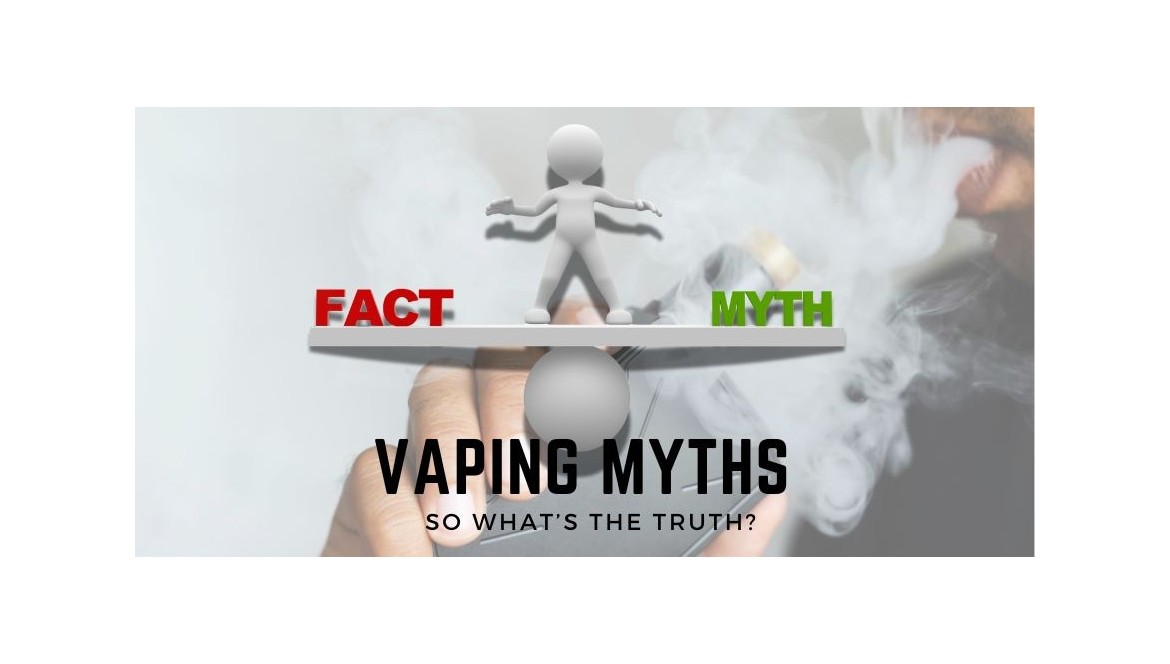
So are the myths true, is vaping as bad as smoking for you, are there as many dangers and health risks? Here we explore some of the common mis-conceptions and why if you smoke, vaping is a great alternative which is better for your health.
In recent years, the rise of vaping has sparked considerable debate among health professionals, policymakers, and the general public. A significant portion of this debate stems from a persistent myth: that vaping is as harmful as smoking traditional cigarettes. This misconception is not only misleading but can also deter smokers from switching to a less harmful alternative. In this blog post, we will dissect the myths surrounding vaping and explain why it is a considerably better option for your health compared to smoking.
Understanding the Basics: Smoking vs. Vaping
To understand the differences between smoking and vaping, it's essential to grasp the basic mechanisms of each. Smoking involves burning tobacco, which produces smoke containing thousands of chemicals, many of which are toxic and carcinogenic. When inhaled, these substances can cause a wide range of health issues, from lung cancer and chronic obstructive pulmonary disease (COPD) to heart disease and stroke.
Vaping, on the other hand, involves heating a liquid (commonly known as e-liquid or vape juice) to produce a vapour, which is then inhaled. The e-liquid typically contains nicotine, flavourings, and a base (usually propylene glycol or vegetable glycerin). Importantly, vaping does not involve combustion, which is the primary source of harmful chemicals in cigarette smoke.
Myth 1: Vaping is as Harmful as Smoking
One of the most pervasive myths is that vaping is just as harmful as smoking. This belief is often fueled by sensational media reports and misinformation. However, scientific evidence strongly contradicts this notion. According to Public Health England, vaping is at least 95% less harmful than smoking. This substantial difference in harm is primarily due to the absence of combustion in vaping, which significantly reduces the number of harmful chemicals inhaled.
A landmark report by the Royal College of Physicians also supports this view, stating that while vaping is not entirely risk-free, the long-term health risks are unlikely to exceed 5% of the harm caused by smoking. This makes vaping a vastly safer alternative for smokers looking to quit.
Myth 2: Vaping Causes Popcorn Lung
The term "popcorn lung" refers to bronchiolitis obliterans, a rare condition that damages the smallest airways in the lungs. This myth originated from the presence of diacetyl, a flavouring compound linked to the condition in workers at a microwave popcorn factory. While diacetyl was found in some early e-liquids, most reputable manufacturers have since removed it from their products.
A study conducted by Dr. Konstantinos Farsalinos and his team analysed various e-liquids and found that the levels of diacetyl were significantly lower than those found in cigarette smoke. Moreover, there has been no documented case of popcorn lung caused by vaping. The likelihood of developing this condition from vaping is extremely low, especially with the regulation and monitoring of e-liquid ingredients.
Myth 3: Vaping Leads to Smoking
Another common concern is the so-called "gateway effect," where vaping is believed to lead non-smokers, particularly youth, to start smoking traditional cigarettes. While it's crucial to prevent youth from accessing any nicotine products, the evidence does not support the idea that vaping is a gateway to smoking.
Data from multiple studies indicate that the majority of youth who try vaping are already smokers or are at high risk of becoming smokers. Moreover, vaping has been shown to aid smoking cessation among adults. A study published in the New England Journal of Medicine found that e-cigarettes were more effective than nicotine replacement therapy in helping smokers quit.
Myth 4: Nicotine in Vaping is Dangerous
While nicotine is the addictive substance in both cigarettes and e-liquids, it is not the primary cause of smoking-related diseases. The main harm from smoking comes from the combustion of tobacco, which releases a plethora of toxic chemicals. Nicotine, although addictive, is relatively harmless in comparison. It is similar to caffeine in its stimulant properties and poses minimal health risks when isolated from the harmful chemicals in cigarette smoke.
Vaping allows users to satisfy their nicotine cravings without inhaling the dangerous by-products of tobacco combustion. This makes it a viable harm-reduction tool for smokers who find it difficult to quit nicotine altogether.
The Benefits of Vaping Over Smoking
- Reduced Exposure to Harmful Chemicals: As mentioned earlier, vaping eliminates the combustion process, drastically reducing the number of toxic chemicals inhaled.
- Improved Respiratory Health: Many smokers who switch to vaping report significant improvements in their respiratory health, including reduced coughing and shortness of breath.
- Odourless and Less Intrusive: Vaping produces a vapour that dissipates quickly and does not cling to clothes, hair, or surroundings, unlike cigarette smoke.
- Cost-Effective: Over time, vaping can be more cost-effective than smoking, especially with the rising prices of tobacco products.
- Customizable Nicotine Levels: E-liquids come in various nicotine strengths, allowing users to gradually reduce their nicotine intake if they wish.
Conclusion
While vaping is not entirely risk-free, it is undeniably a far less harmful alternative to smoking. The myths surrounding vaping often overshadow its potential benefits as a smoking cessation tool. It is crucial to rely on scientific evidence and reputable sources when evaluating the risks and benefits of vaping. For smokers seeking a less harmful way to satisfy their nicotine cravings, vaping presents a viable and significantly safer option. Always buy from a reputable physical or online vape shop where you can get advice to help you on your road to being smoke-free.
By debunking these myths and understanding the true differences between smoking and vaping, we can better support individuals on their journey to quit smoking and improve public health outcomes overall.
In Same Category
- The False Economy of Fake Atomisers, Coils, and Pods
- The Dangers of Illegal, Unregulated Vaping Products: Why You Should Choose Reputable Stores
- Popcorn Lung from Vaping: Why It Hasn’t and Won’t Be a Concern in the UK
- The Cheapest Online Vape Store for Shortfill E-Liquid
- Quitting Smoking - Cold Turkey Vs Nicotine Patches Vs Vaping
Related by Tags
- Popcorn Lung from Vaping: Why It Hasn’t and Won’t Be a Concern in the UK
- Quitting Smoking - Cold Turkey Vs Nicotine Patches Vs Vaping
- The Myths of Vaping vs. Smoking
- Switching Smoking to Vaping - a guide to nicotine levels
- The Health Benefits of Switching from Smoking to Vaping: Insights from Cancer Research UK


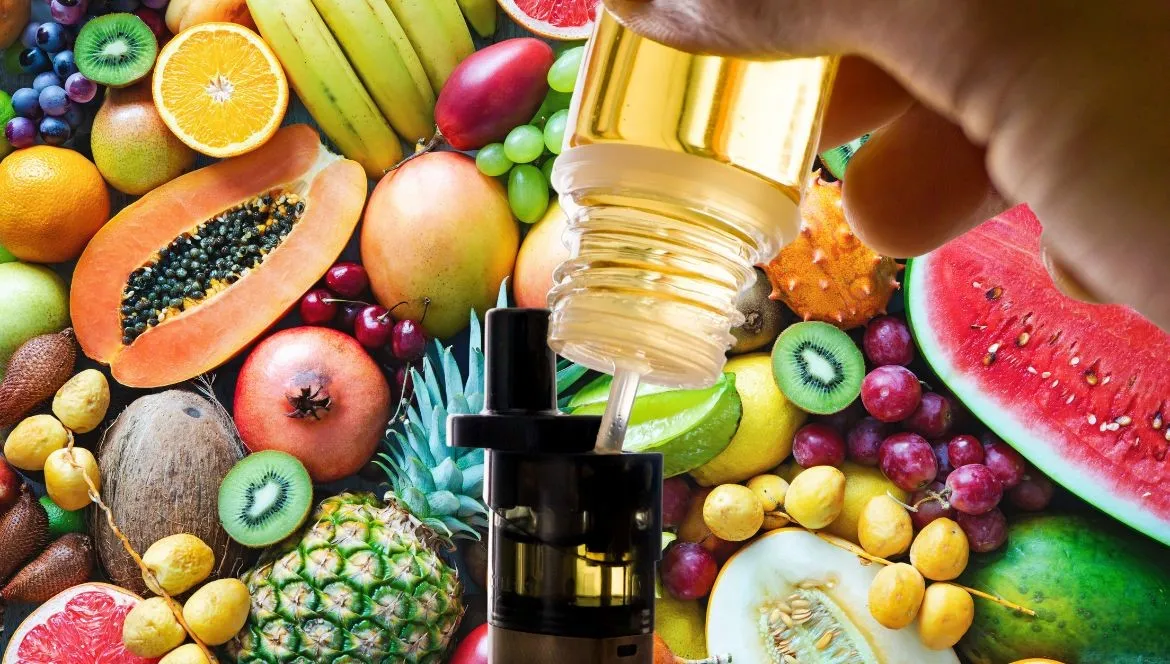
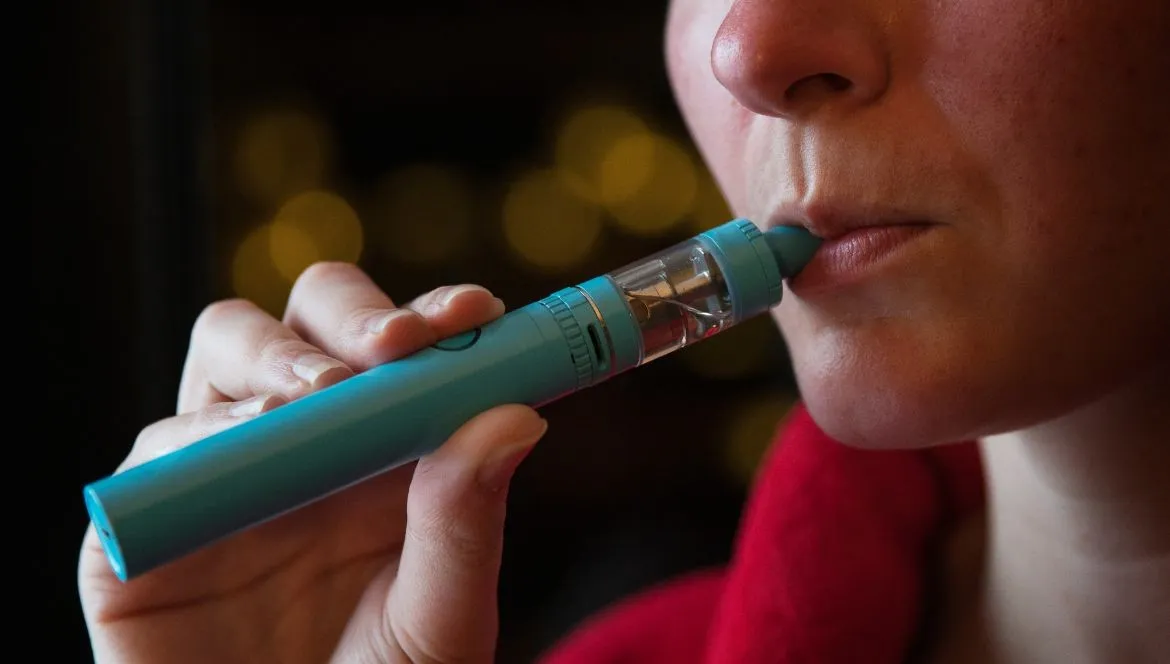
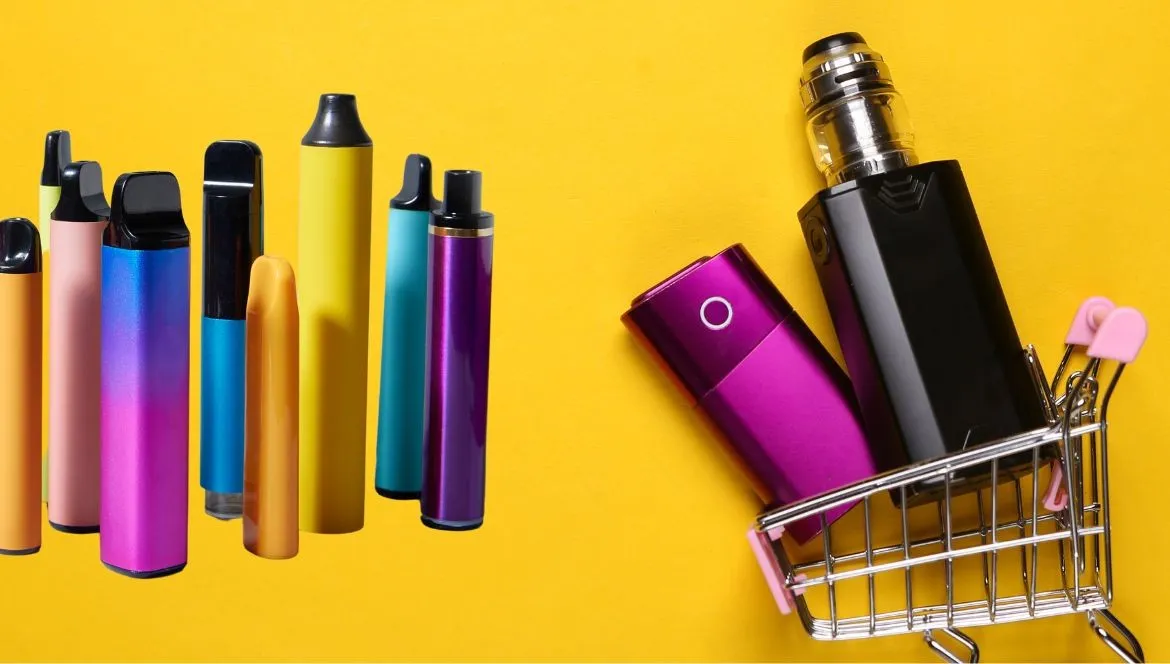
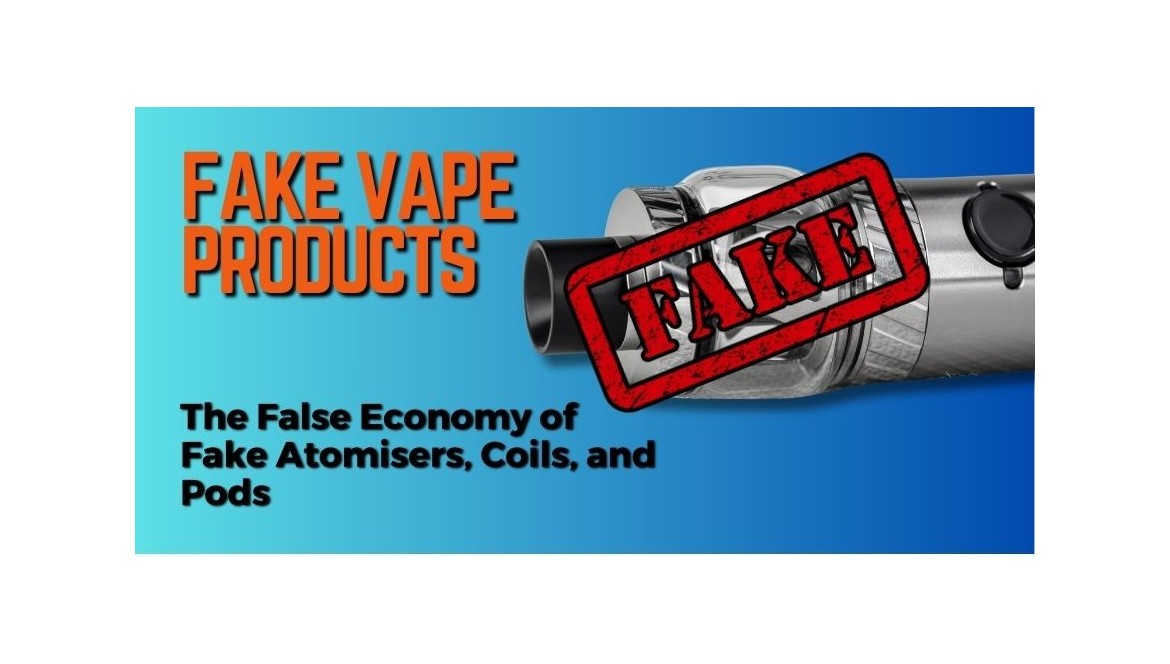



Comments
No comment at this time!
Leave your comment